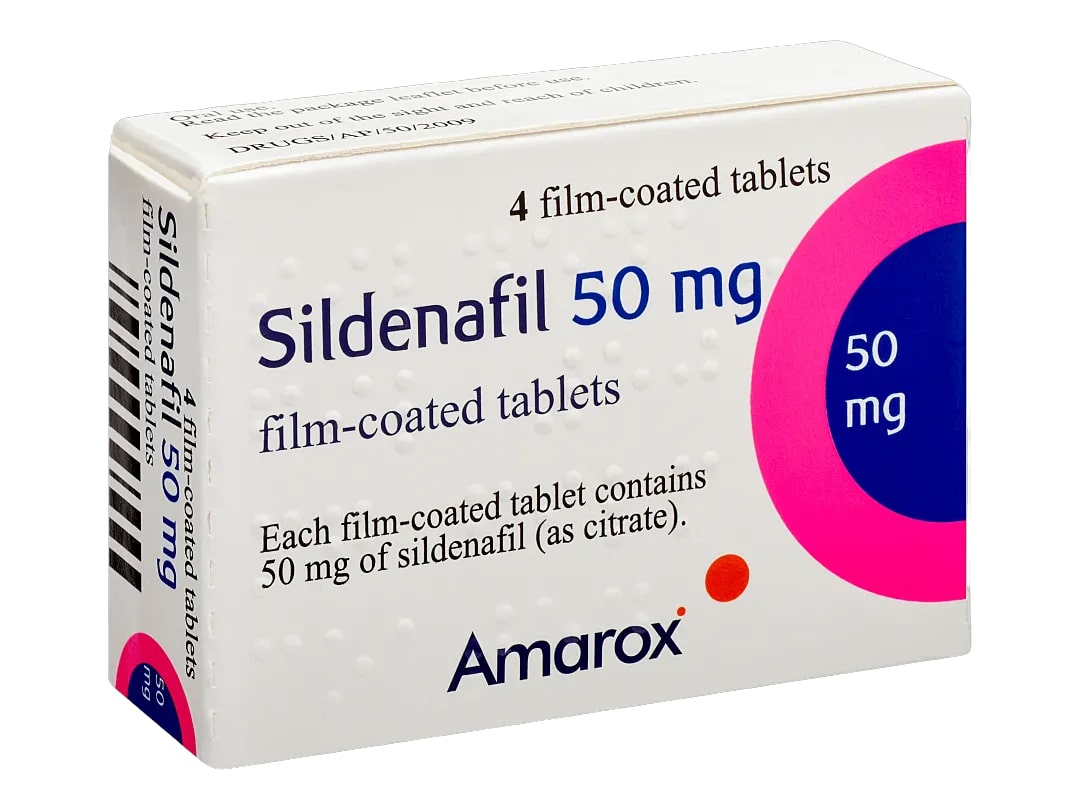Why Choose Sildenafil?
Improved Sexual Function: Sildenafil can significantly enhance erectile function, leading to more satisfying sexual experiences. It's a trusted solution for men struggling with ED.
Increased Confidence: By addressing erectile dysfunction, sildenafil can boost self-esteem and confidence in intimate relationships. Feeling secure and empowered is key to a fulfilling sex life.
Enhanced Intimacy: Sildenafil can help couples reconnect and enjoy a more fulfilling intimate life. Improved sexual function often leads to greater emotional closeness and satisfaction.
Convenient Administration: Sildenafil is an oral medication, making it easy to take and integrate into your routine. Its convenience contributes to its widespread popularity.
Trusted Solution: Sildenafil is a well-established and widely prescribed medication for erectile dysfunction, backed by years of research and clinical experience.
Always follow your doctor’s instructions for the best results and safety.


